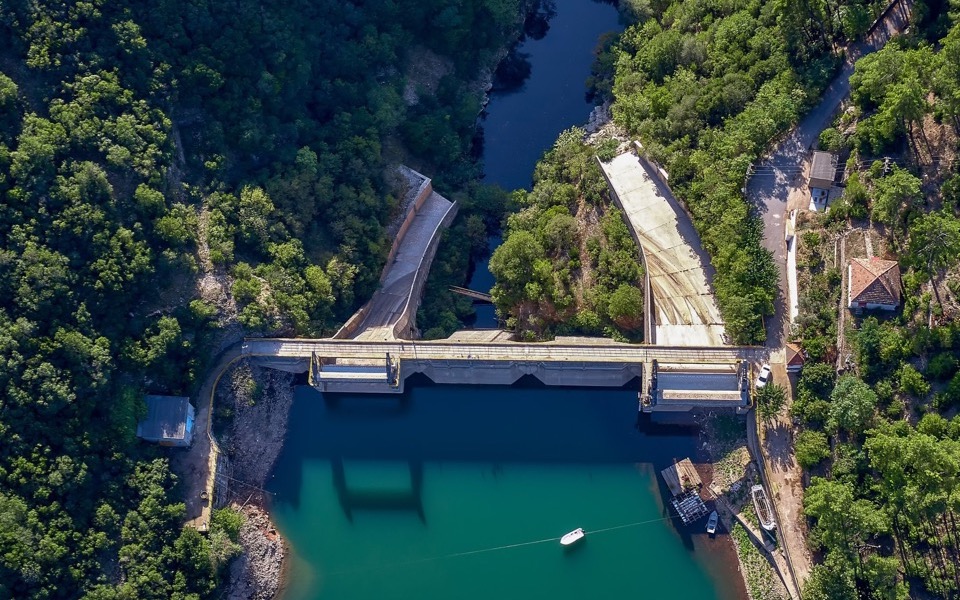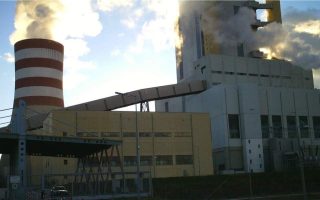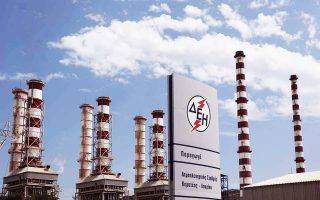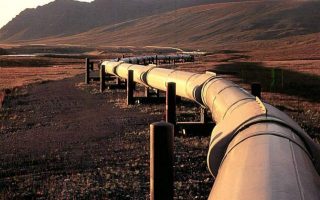Water reserves at risk over power requirements

The power market’s new operating model has led to serious collateral damage in Public Power Corporation’s hydroelectric reserves that may affect the water supply of Thessaloniki in northern Greece next summer.
PPC has sent a warning to the Regulatory Authority for Energy, the Energy Ministry and the Independent Power Transmission Operator (ADMIE), as it has identified a concerning drop – for this time of the year – in water reserve levels at its hydroelectric units.
Sources from the utility tell Kathimerini that this problem is attributed to the market’s so-called “target model,” which since last week has been under fire from both the ministry and RAE due to the high rates emerging, with authorities investigating possible unfair practices.
PPC officials say that every day ADMIE has been asking the utility to increase the amounts of energy produced from hydroelectrics to cover demand, as the thermal energy producers have issued offers at very high rates. Consequently, the water reserves, which should be a backup plan for the summer months, have fallen to a worrying level, leading to concerns about system’s stability next summer.
Possible effects may emerge for the water supply of Thessaloniki, which is served by the Aliakmonas River dams, the same officials note: “We add the hydroelectrics every day so that we keep the rates under control. Unless the situation reverts to normal, come the summer, we will have problems with Thessaloniki’s water supply,” a PPC source says.
For example, in just one day, ADMIE asked PPC to contribute some 20 gigawatts to the system from hydroelectric plants, a quantity that under normal circumstances would amount to a week’s contribution.
In fact, ADMIE is forced to ask PPC to increase the share of hydroelectrics, because the algorithm on which the online platform for producers’ offers operates is designed to choose the cheapest unit by priority. Therefore, when private producers hike their rates, the onus is on hydroelectrics to cover an ever increasing part of demand. The final prices are contained, but the water reserves are emptying.
ADMIE argues that PPC must ask RAE for new limits on the contribution of hydroelectrics.





